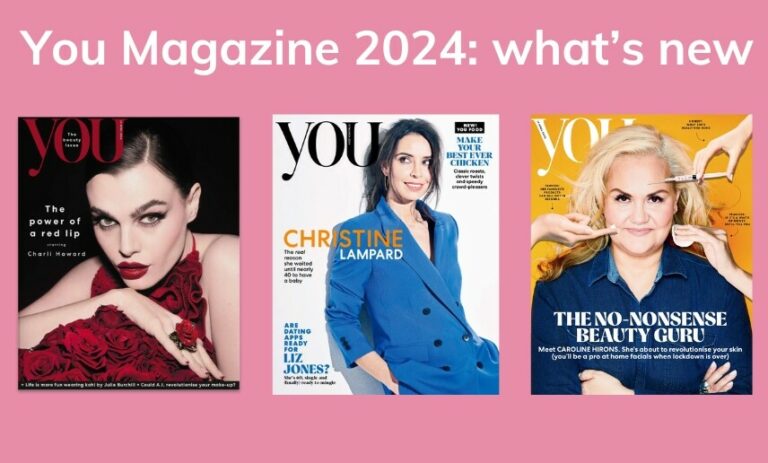An insight into the BBC Business Unit with Sarah Fountain
Hear about pitching to the BBC Business Unit, with exclusive insights from our speaker.
Speaker on the panel
Sarah Fountain, Planning Editor, Business Unit at BBC News
Summary
The structure around BBC business news is complex and amorphous and can be difficult to navigate. The Planning desk is often the best place to start when pitching to the BBC for the first time as the Business Planning desk feeds future business events, guests and content to the BBC Business Unit which sits on the 2nd Floor above the Newsroom but also at the heart of BBC News.
The Business Unit is responsible for business coverage across many channels and fixed programmes. It is responsible for business news across BBC domestic & world TV, BBC Online, BBC domestic radio channels as well as the World Service. Sarah’s team is in touch with all the editors and producers across these channels and programmes, pitching the business stories they think the editors of the day need to cover.
They also manage the production of specific teams including the business slots on R4’s Today in London and 5 Live’s Wake up to Money (WUTM) and BBC Breakfast from Salford. The Planning teams in London and Salford talk regularly and are part of the same overall team.
Sarah Fountain has a small team managing the planning of upcoming content, the response to breaking news and the logistics of news on the day. Piers Parry-Crooke, the Deployments Editor, generally marshals the team on the day’s rolling news while Sarah stands slightly back and thinks about the next 24-48 hours.
BizPlan
The best way to introduce your story to the BBC is through Sarah and her team via their email bizplan@bbc.co.uk. The BizPlan email address is monitored throughout the day and all emails are checked. The small team can receive up to a thousand emails a day and while your email will have been seen, you might not receive an email back given volumes and capacity.
The Diary
The team of 3-4 also populate the Business Diary which is plugged into the national diary and shared with everyone across the BBC. The diary highlights key business events in both the short and long-term. They are also responsible for offering commentators or market guests who are available to comment across both TV and radio. If PRs have clients they would like to propose then they should pitch them to the Planning desk. Programmes across the BBC use this Planning Diary to identify events and guests and will get in touch directly if they are relevant to their show or programme.
The diary looks ahead 2-3 months for some events and there is a greater focus 2-3 weeks ahead (for example company results are planned 2-3 weeks ahead). The more information PRs give the planning team ahead of time the more they can map out the diary. The Unit is not just reactive; they look for their own stories and for suitable dates to feed into the diary. Big events are organised well in advance e.g. Davos planning started in August 2017 for the January 2018 event.
Sarah’s advice on getting traction is to address the key questions:
- What’s the story? Be clear about what the story is – not what you think it is; ask yourself why would the BBC run it?
- Support your story with strong information; if you are using a survey make sure it is robust, current and has not been done/used already.
- Be clear on who you are offering up; who’s available, where are they, can they get to a studio or radio car, how good are they on radio/TV? Will they do late finishes or early starts? Are they appropriate for the story e.g. a man discussing gender pay is less compelling on that subject.
- If you are offering just a comment is no good for radio & TV – you need to supply a guest. If comments are good they will be used online but not on air.
- The BBC are aiming at a 50/50 gender balance to reflect society so please supply female commentators and not just for gender focused stories but for all stories. The BBC now monitors how often they hit the 50/50 balance.
You will hear the same voices on air because they are good talkers, are available, are good on air and they build up a relationship with the producers and presenters. Your commentator can become a part of the BBC list also. Sarah’s team knows who to go to, with good PRs that are reliable and deliver good guests, but they are always looking for new, good and interesting commentators and for a gender balance that reflects society that has not been achieved yet.
There are lots of fiefdoms across the BBC and they do all talk to each other. Sarah’s advice is talk to them all, but also to talk to her team. As she points out “all roads lead back to the team”.
Thank you to Sarah and those that joined us.
Want to pitch your stories to the BBC Business Unit?
Get a copy of our FREE eBook: The PR’s Guide to the BBC: The Business Edition, covering the key areas of the BBC Business Unit, pitching tips and more; with commentary and tips from editors, producers and reporters across the BBC.
About Alex Northcott
Alex Northcott is the CEO at Roxhill Media. Alex founded Gorkana in 2003 and sold the business to Durrants in 2010, which became the Gorkana Group. In 2015 he set up Roxhill Media, the next generation media database. He has over 18 years’ experience in the PR industry having worked at Morgan Stanley and JP Morgan.
Request a free trial today and learn how Roxhill’s topic led media database can help you effectively target journalists and news outlets around the world.












